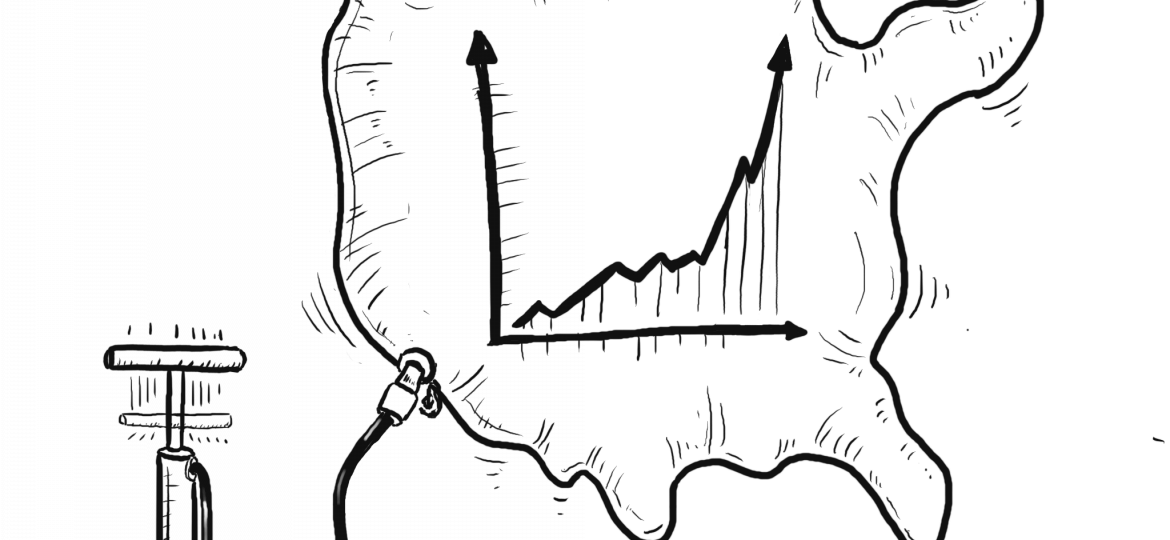
Since the recovery from COVID-19, the question of the economy has been of particular interest. The risk of a possible recession or greater inflation has many players concerned. A considerable portion of the population even says that we have already entered a recession. The truth is that inflation is present, but it has been slowing for some time now. Furthermore, the growth rate for the last two quarters has been positive, but negative thinking around the economy is still rampant.
Perhaps the best explanation for this comes from Liz Ann Sonders, the Chief Investment Strategist of Charles Schwab. In an interview on Bloomberg on March 10, she stated that the current state of the economy could be better described as a “rolling recession” where certain sectors are hit while others remain mostly unaffected. Currently, real estate and technology seem to be the main targets of this rolling recession. While this may initially be concerning, it is seemingly just a correction for overly speculative industries. This has led industries like real estate to see lower prices than previously, improving the situation for future home buyers and renters. Sector-specific recessions focused on reducing speculation have done much to combat inflation. This in combination with the increased interest rates from the Federal Reserve has slowed growth. With growth under control, inflation has decreased.
While this rolling recession is still not easy to handle, it’s better for the economy as a whole — especially in the long term. In this case, much of the Federal Reserve’s policy around interest rates has been successful. While we do have some sectors of concern, unemployment, inflation, and the overall health of the economy seem to be in measurably better shape than it has been since 2020. This is perhaps the ideal form of recession if it can even be called that, especially for graduating college students entering the job market. Lower housing prices along with limited effects on employment in most industries should cause one to look upon the market with optimism rather than pessimism. On the other end, for investors there may be some short-term losses but ultimately see a healthier economy in the long term. Ultimately, we should be grateful that the economy has managed to stabilize this way and hopefully look past the short-term doom and gloom that have been popularized by pundits and short-sellers.
Nick Strand is from St. Paul, Minn.
His major is economics.

